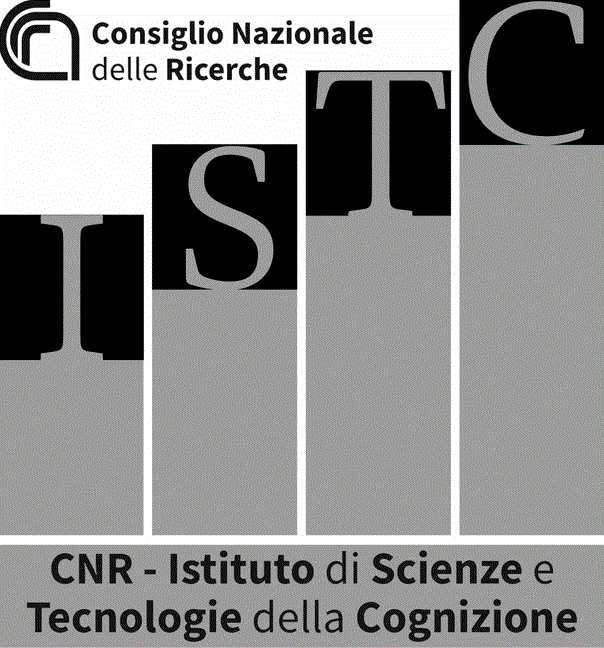
Cooperation nudges for sustainable development:
Leveraging behavioural insights to encourage cooperative behaviour in environmental social dilemmas (COOPDEV)
About
We are an interdisciplinary team of behavioural scientists, psychologists, and economists committed to understanding and promoting large-scale cooperation in the face of global challenges. Within the COOPDEV project, we have developed and tested innovative cooperation nudges that have shed light on the psychological and contextual factors that influence prosocial behaviour, with the goal of designing scalable interventions that encourage sustainable and cooperative choices in everyday life.
Organizing Institutions

Università Cattolica del Sacro Cuore

Università degli Studi di Milano-Bicocca

Istituto di Scienze e Tecnologie della Cognizione, Consiglio Nazionale delle Ricerche, Roma
Scientific Committee
Università Cattolica del Sacro Cuore:
Castiglioni Cinzia
Iannello Paola
Lozza Edoardo
Robba Matteo Paolo
Sesini Giulia
Università degli Studi di Milano-Bicocca:
Caravona Laura
Capraro Valerio
Macchi Laura
Panizza Alina
Viale Riccardo
Istituto di Scienze e Tecnologie della Cognizione, Consiglio Nazionale delle Ricerche, Roma
Marini Marco
Munini Sebastiano
Paglieri Fabio
Sapienza Alessandro
Invited Speakers

Kimberly C. Doell, PhD is a cognitive and environmental neuroscientist. She studied psychology and neurobiology at the University of Toronto, and earned her Master’s and PhD in neuroscience at the University of Geneva. After postdoctoral work in Geneva and at New York University, she became a senior scientist at the University of Vienna, where she co-led The International Collaboration to Understand Climate Action. Since 2024, she leads the Environmental Collective Behaviour (ECo) Group at the University of Konstanz.
Abstract:
Nudges and behavioral interventions have become a central tool for promoting cooperation and sustainable development. Yet, their effectiveness often depends on context, culture, and capacity, raising the question, how can we generate robust, globally relevant evidence? Big Team Science (BTS) provides one answer. In this keynote, I present two international BTS projects in climate psychology. The International Climate Psychology Collaboration (ICPC) tested 11 nudges and interventions across 63 countries with nearly 60,000 participants, offering unprecedented insight into which strategies succeed, which fail, and how the context shapes outcomes. Building on this, the new Heat & Cognition Project investigates how extreme heat affects cognition, well-being, and cooperation, generating essential knowledge for designing tailored intervention strategies in a warming world. Together, these projects show how Big Team Science can bridge the gap between behavioral research and real-world action, equipping policymakers and communities with the tools needed to build a more sustainable and just planet.

Michał Misiak is a psychologist who earned his PhD in Experimental Social Psychology at the University of Wrocław. He now serves as an assistant professor at the “Being Human” Scientific Excellence Incubator at the University of Wrocław and is a Research Affiliate at the School of Anthropology & Museum Ethnography, University of Oxford. His research interests focus on moral judgments of food waste and include cross-cultural studies among the Hadza, Maasai, and Yali communities. He is an advocate for Open Science and Big Team Science.
Abstract:
Why do people judge food-wasting behaviour as immoral, and what are the consequences of these beliefs? In this talk, I will outline a stream of research examining the relationship between moral psychology and food waste. I will present work conducted with my colleagues on how moral views of food waste develop across the lifespan, which neural systems underpin them, how they vary across cultures, and whether moral judgments predict food-wasting behaviour. Research linking morality with food waste has so far lacked theoretical coherence: studies often test common lay arguments such as concern for nature, thrift, fairness, and world hunger, yet these beliefs are vaguely grounded in moral psychology. I will show our attempts to synthesise studies on food waste with broader moral psychology and to test whether building moral arguments on established scientific frameworks can lead to more effective communication strategies. Together, this work helps explain why food waste is seen as immoral and points toward more effective interventions.


